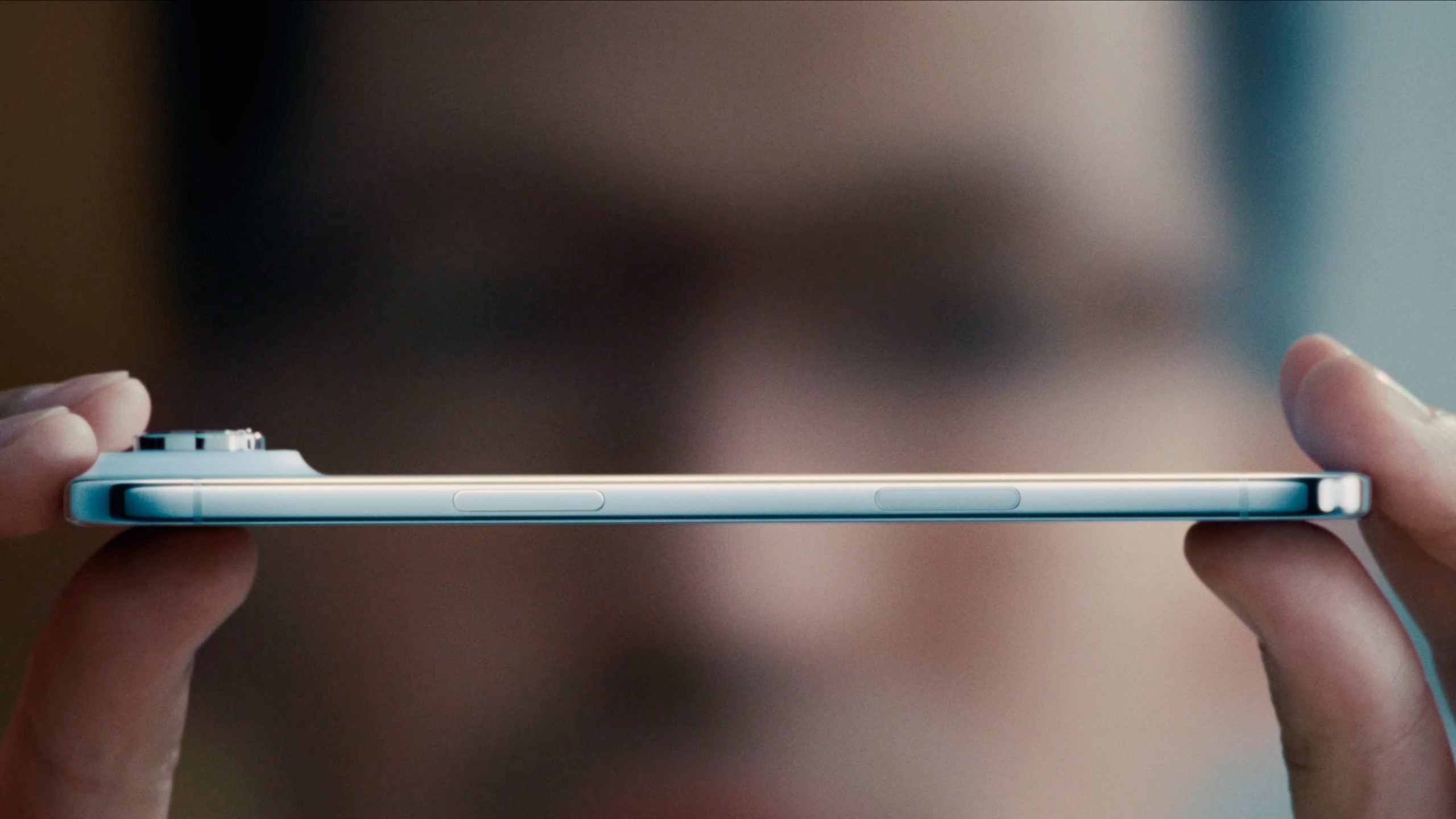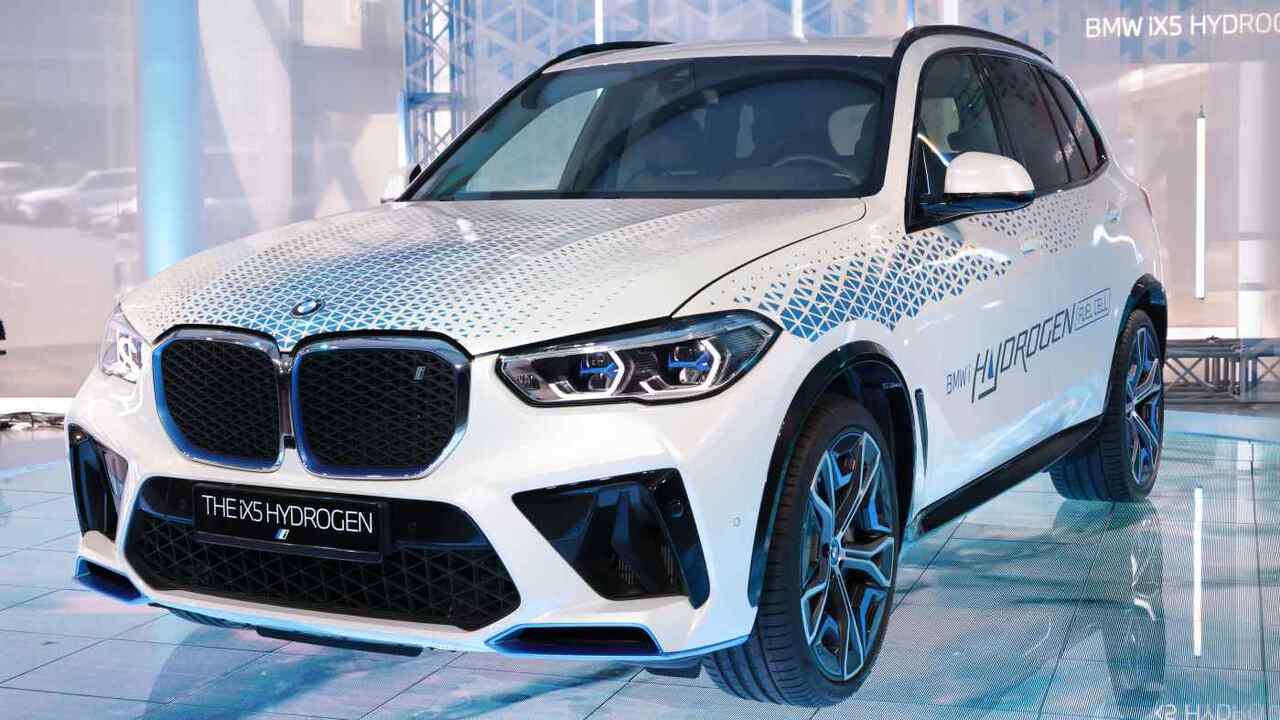It is stated that fuel cell vehicles operate with electricity produced by the reaction of hydrogen and oxygen. Since only water is released when such a car is running, they are considered environmentally friendly. In addition, such vehicles have advantages in terms of refueling speed.
The companies plan to sign a “memorandum of understanding” next week. Previously, Toyota supplied BMW with a limited number of components. But under the renewed collaboration, Toyota will supply more key components such as hydrogen tanks and fuel cell systems, while BMW will use EV technology to produce the rest of the car.
Moreover, BMW has already developed the iX5 Hydrogen, a long-range fuel cell concept car equipped with hydrogen tanks.
Source: Ferra
I am a professional journalist and content creator with extensive experience writing for news websites. I currently work as an author at Gadget Onus, where I specialize in covering hot news topics. My written pieces have been published on some of the biggest media outlets around the world, including The Guardian and BBC News.











